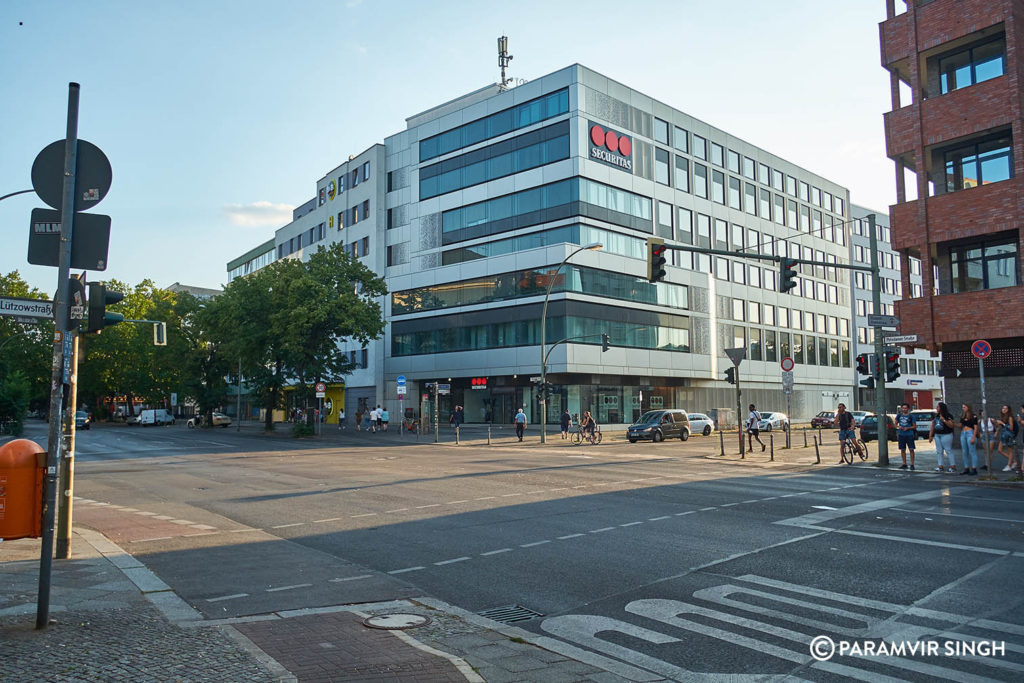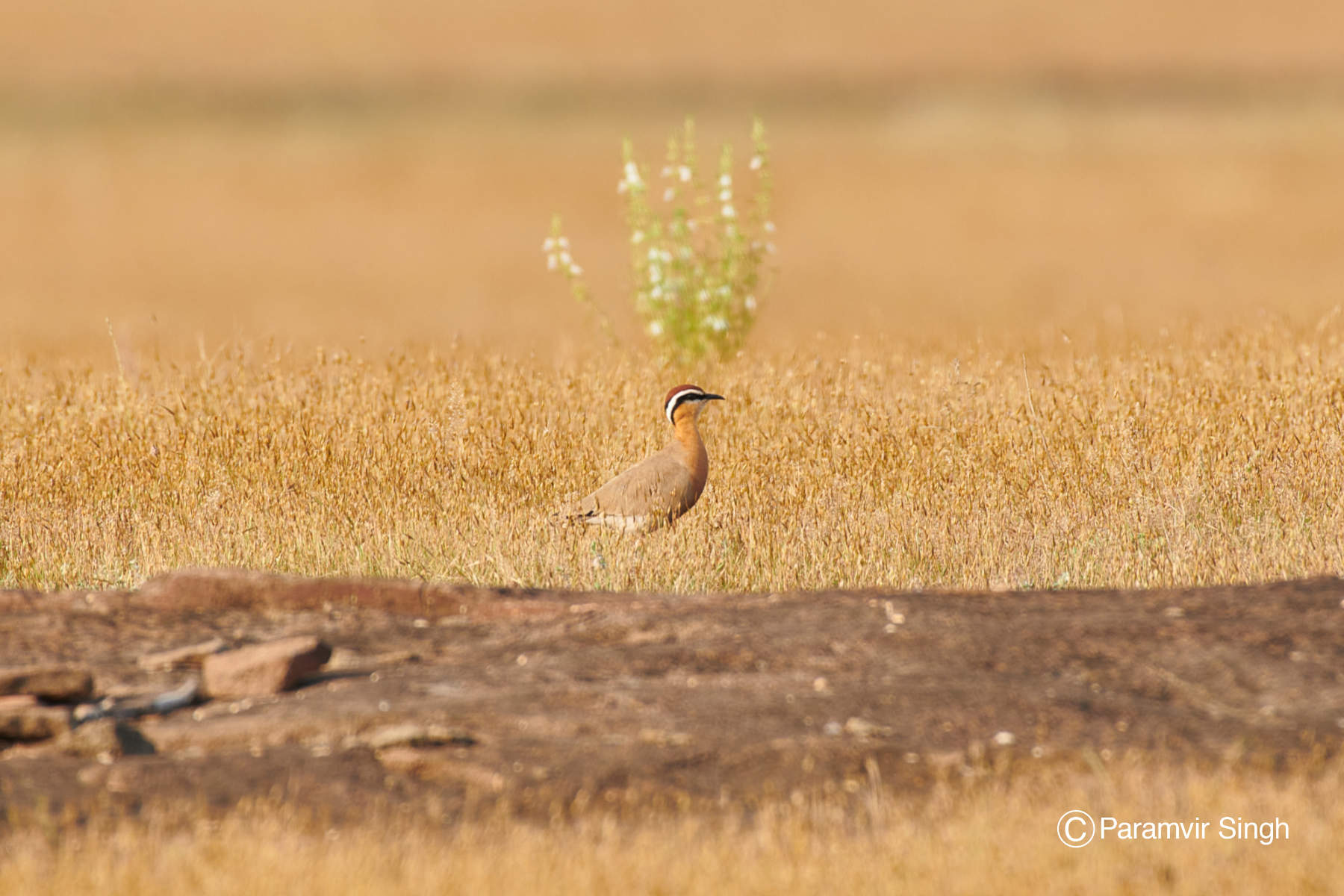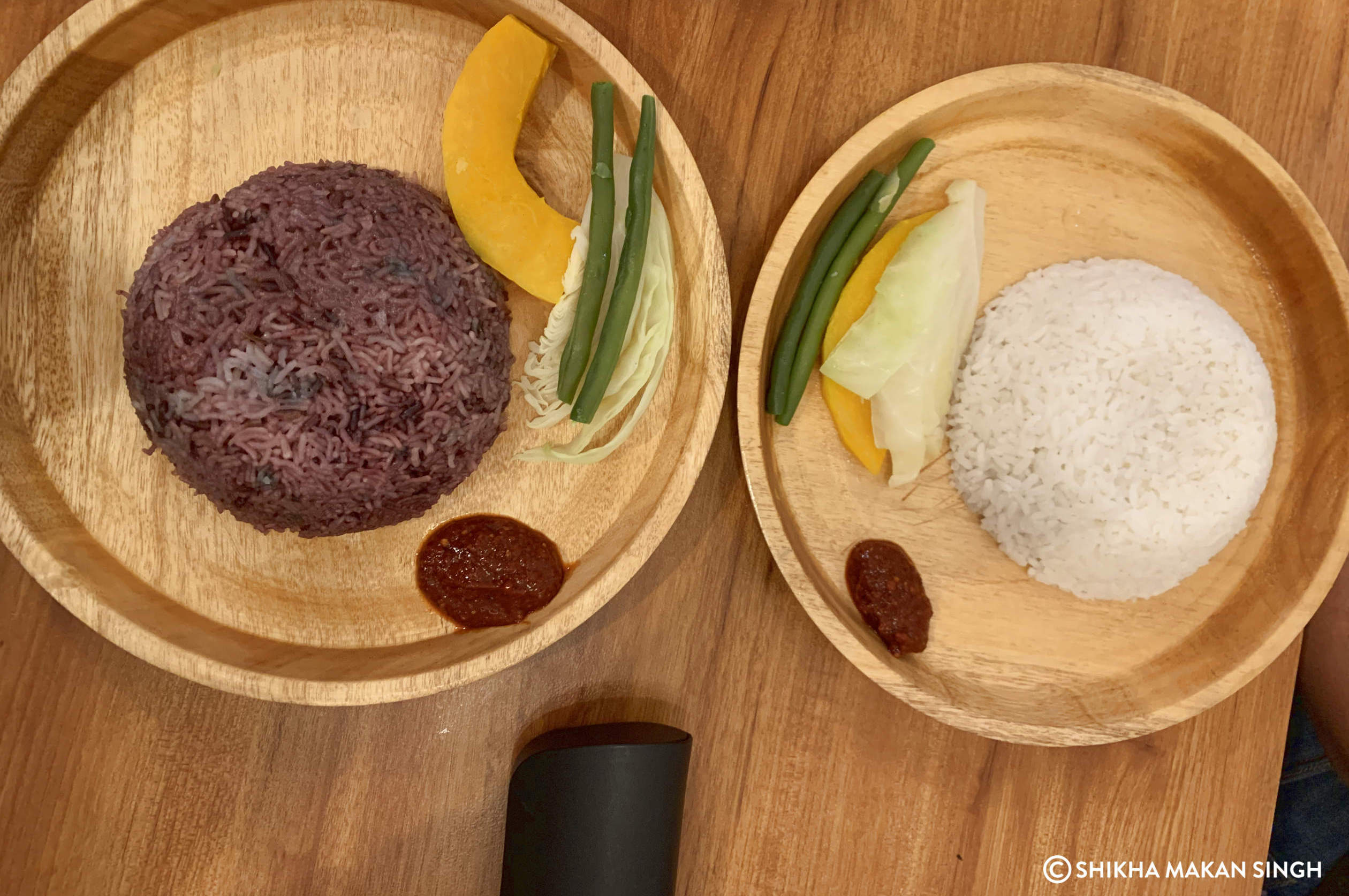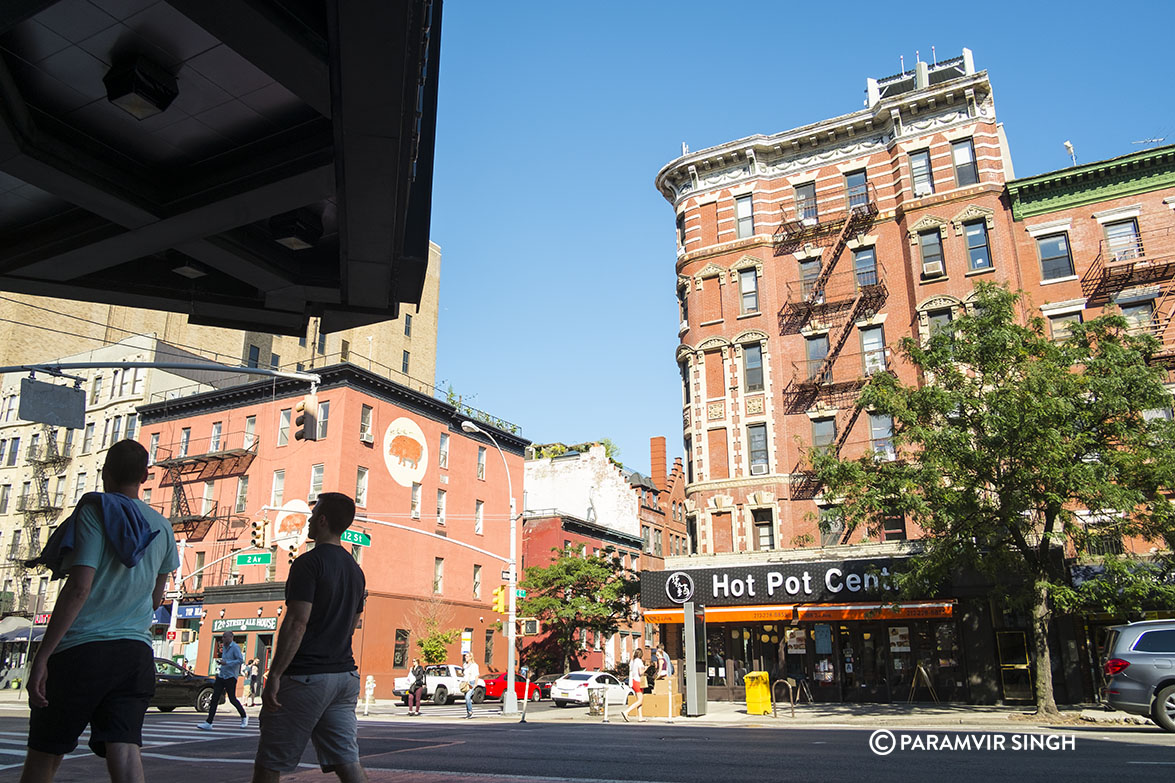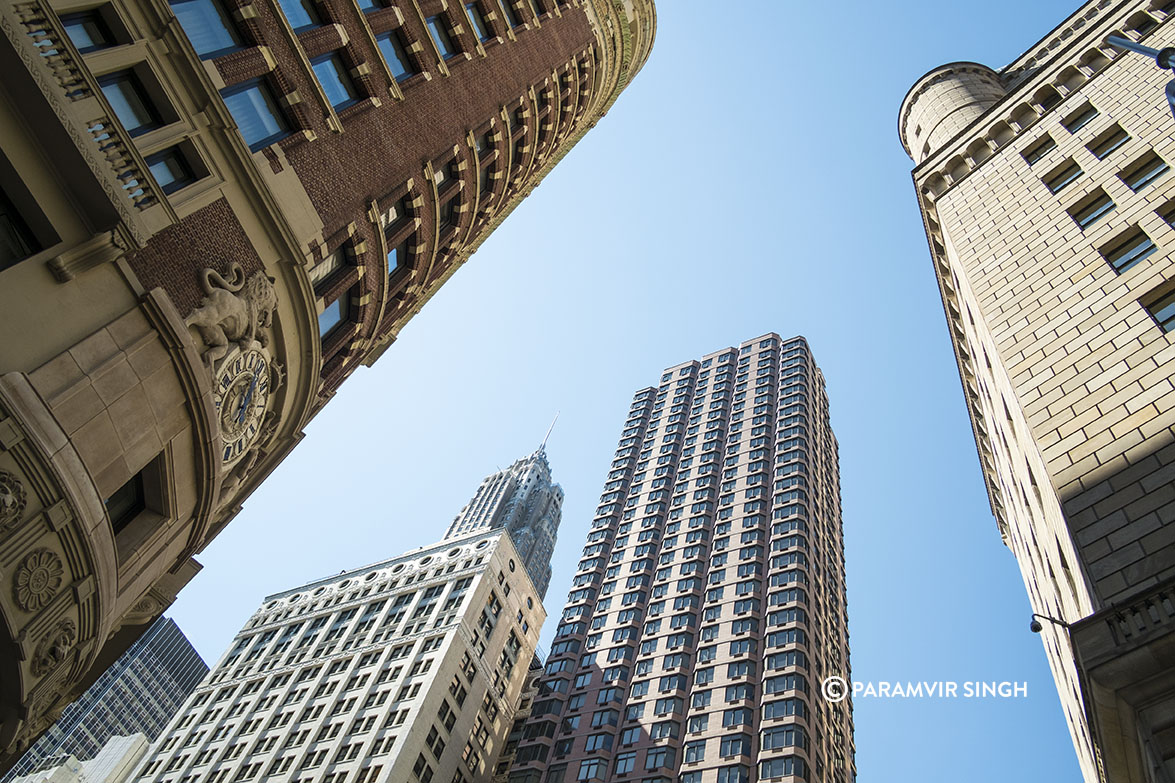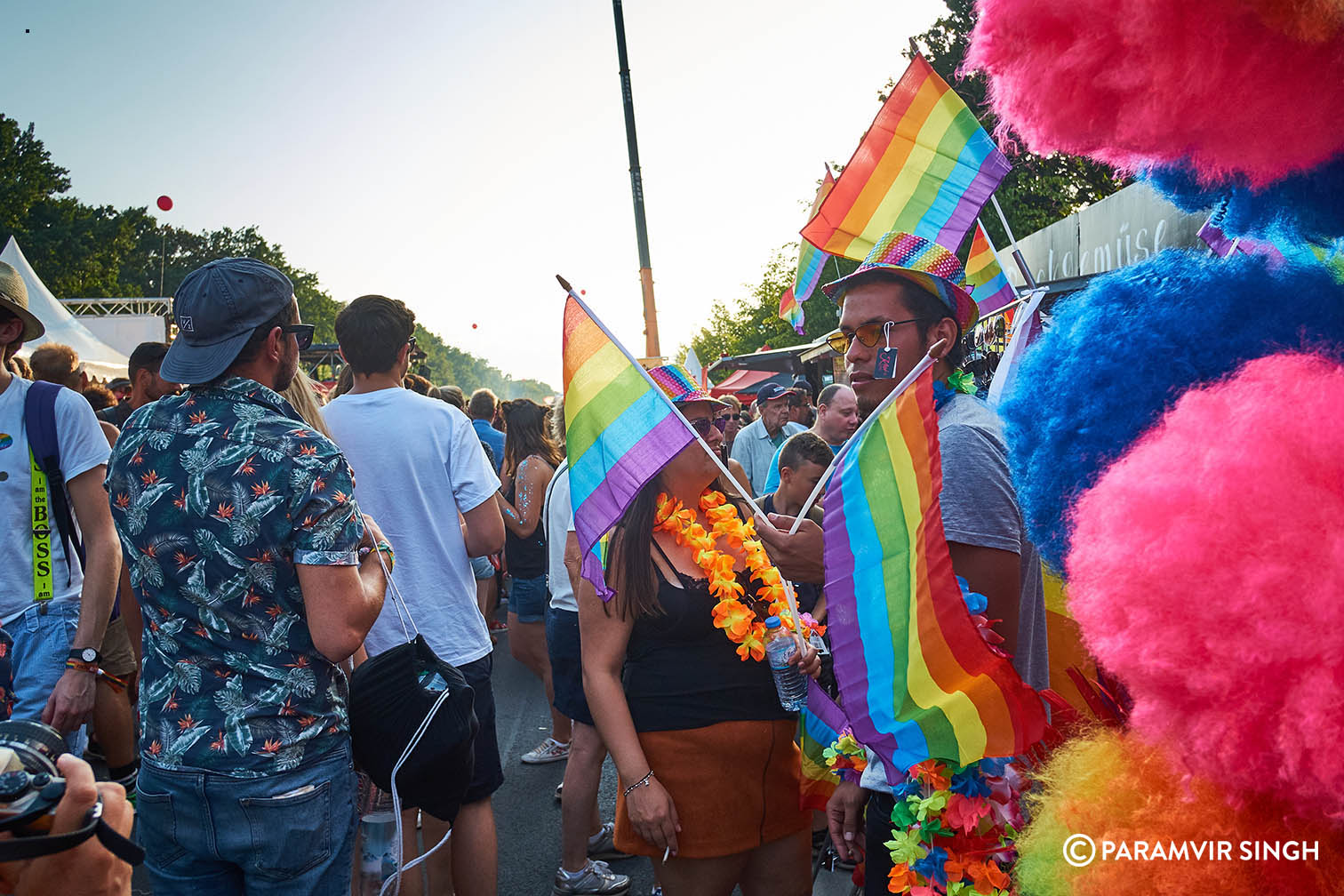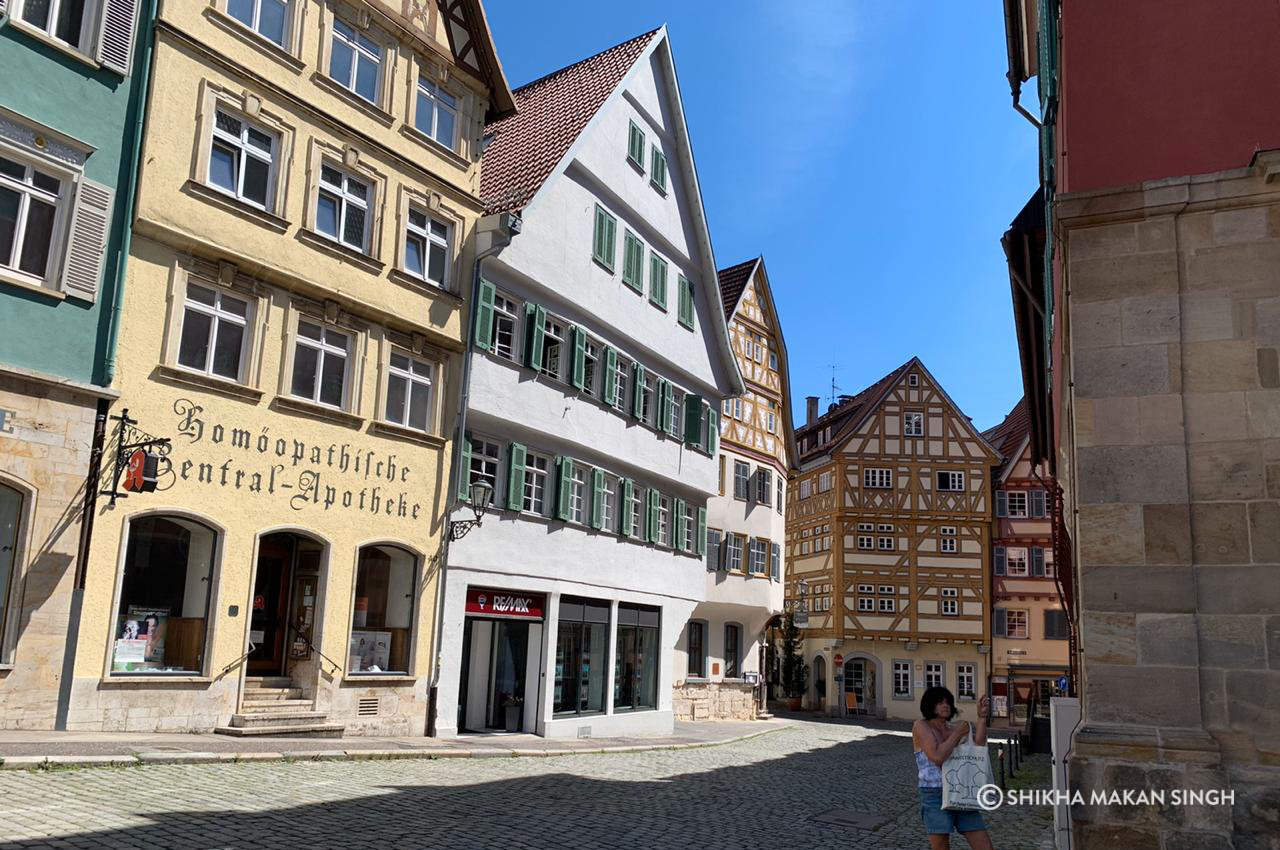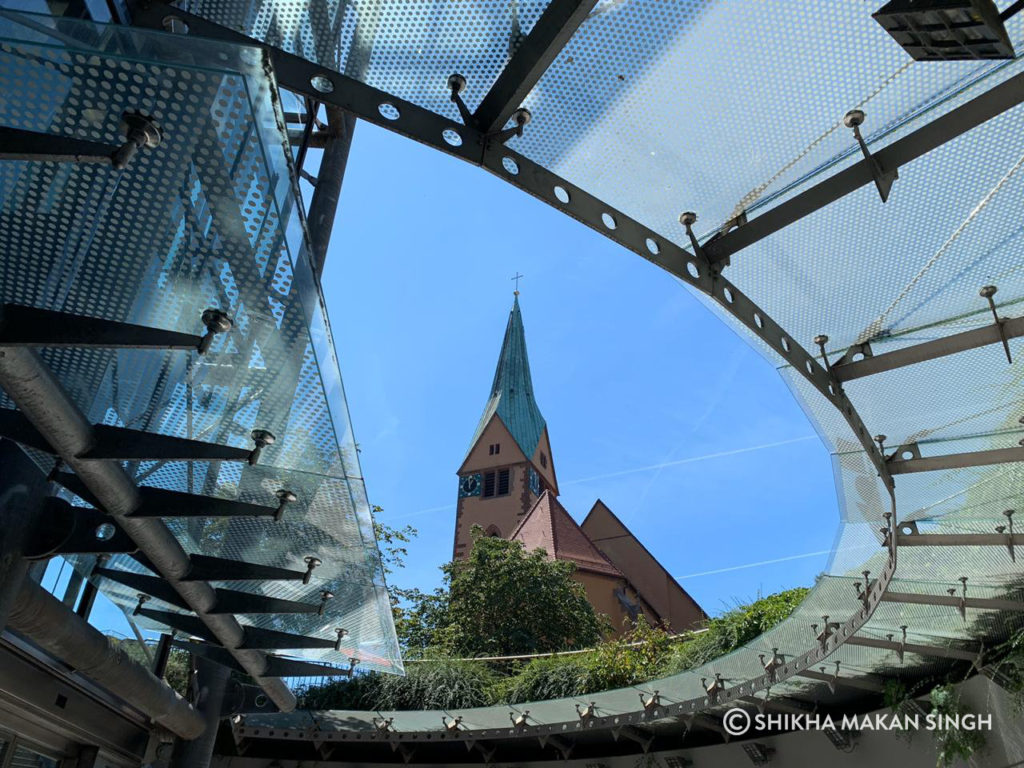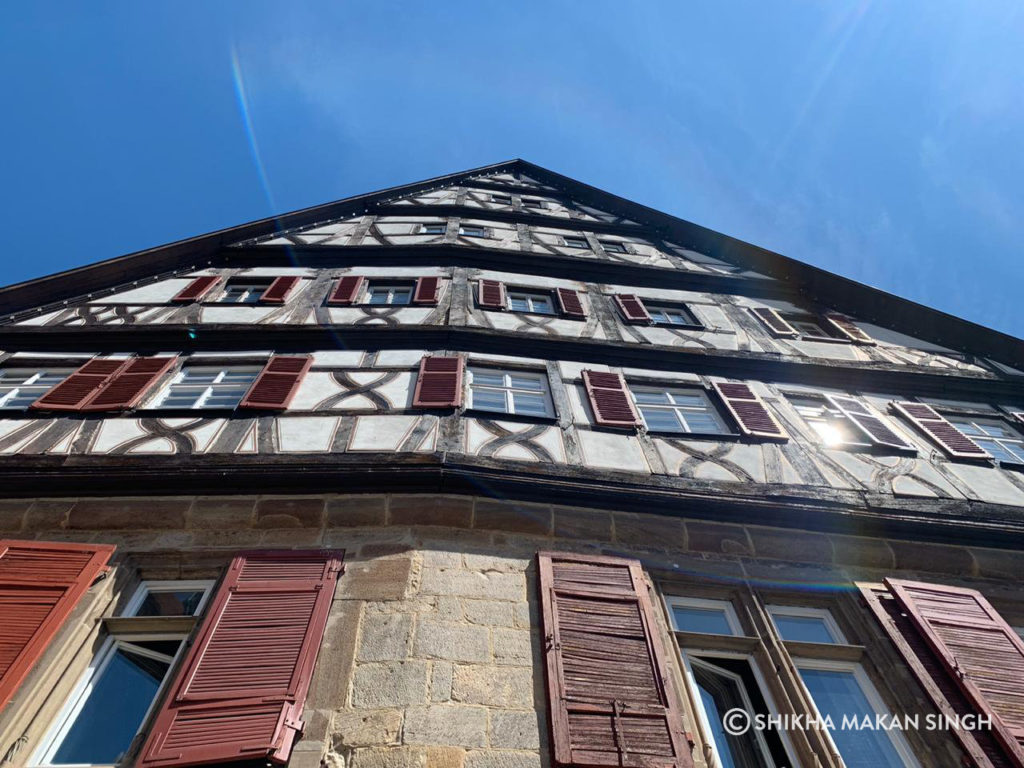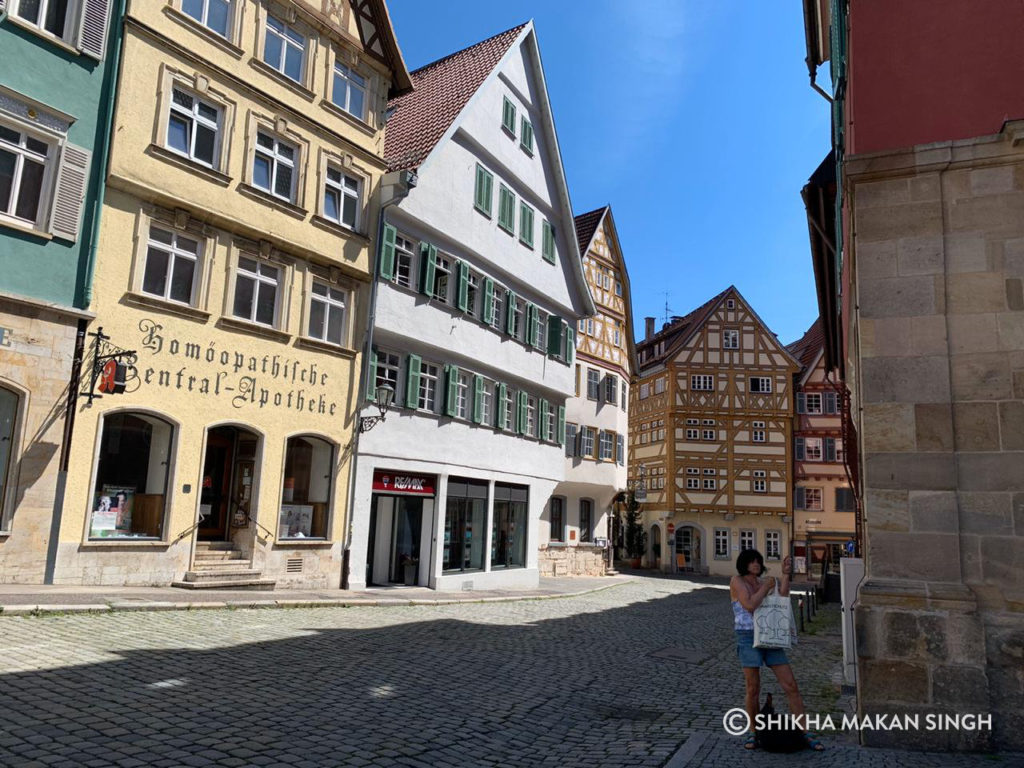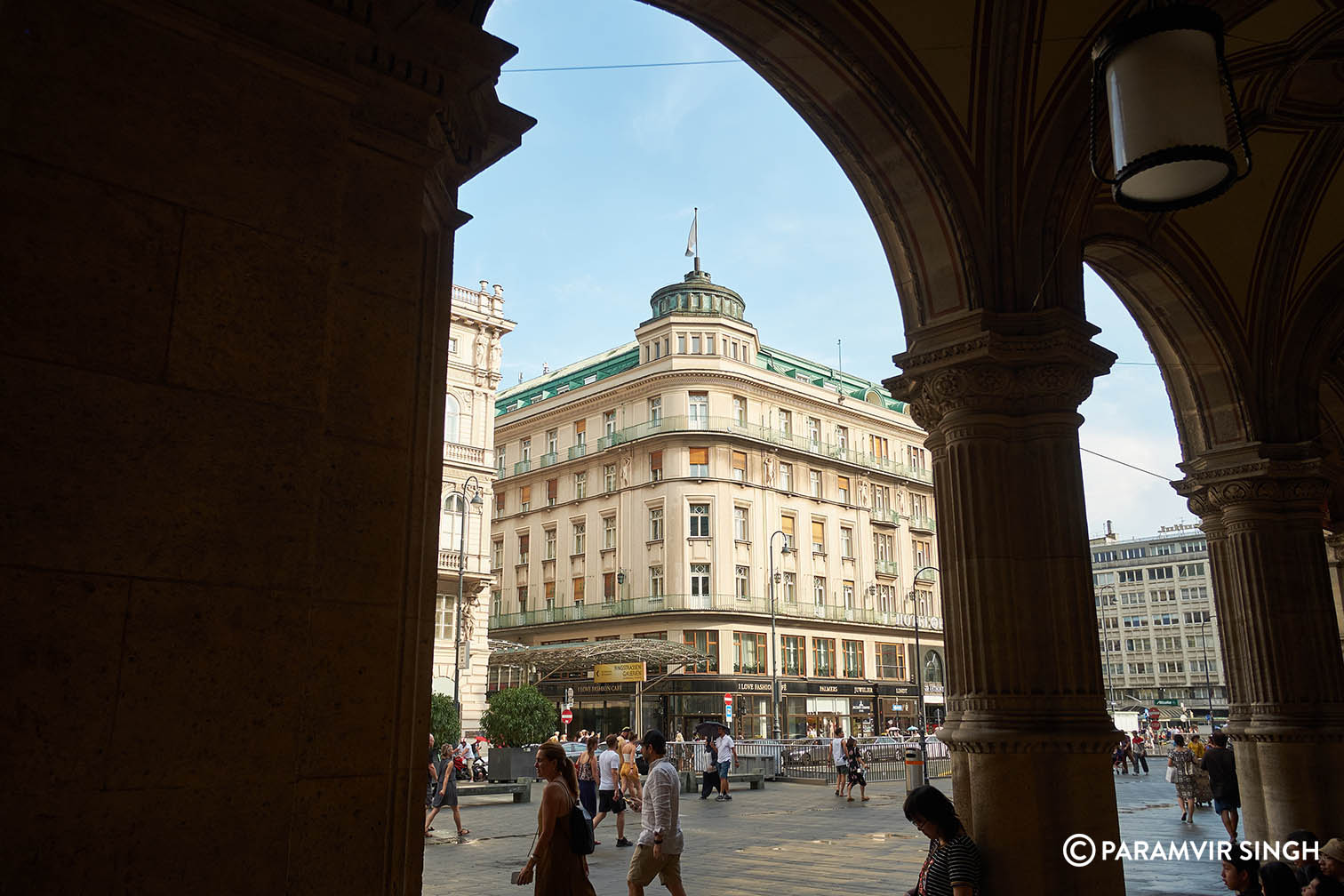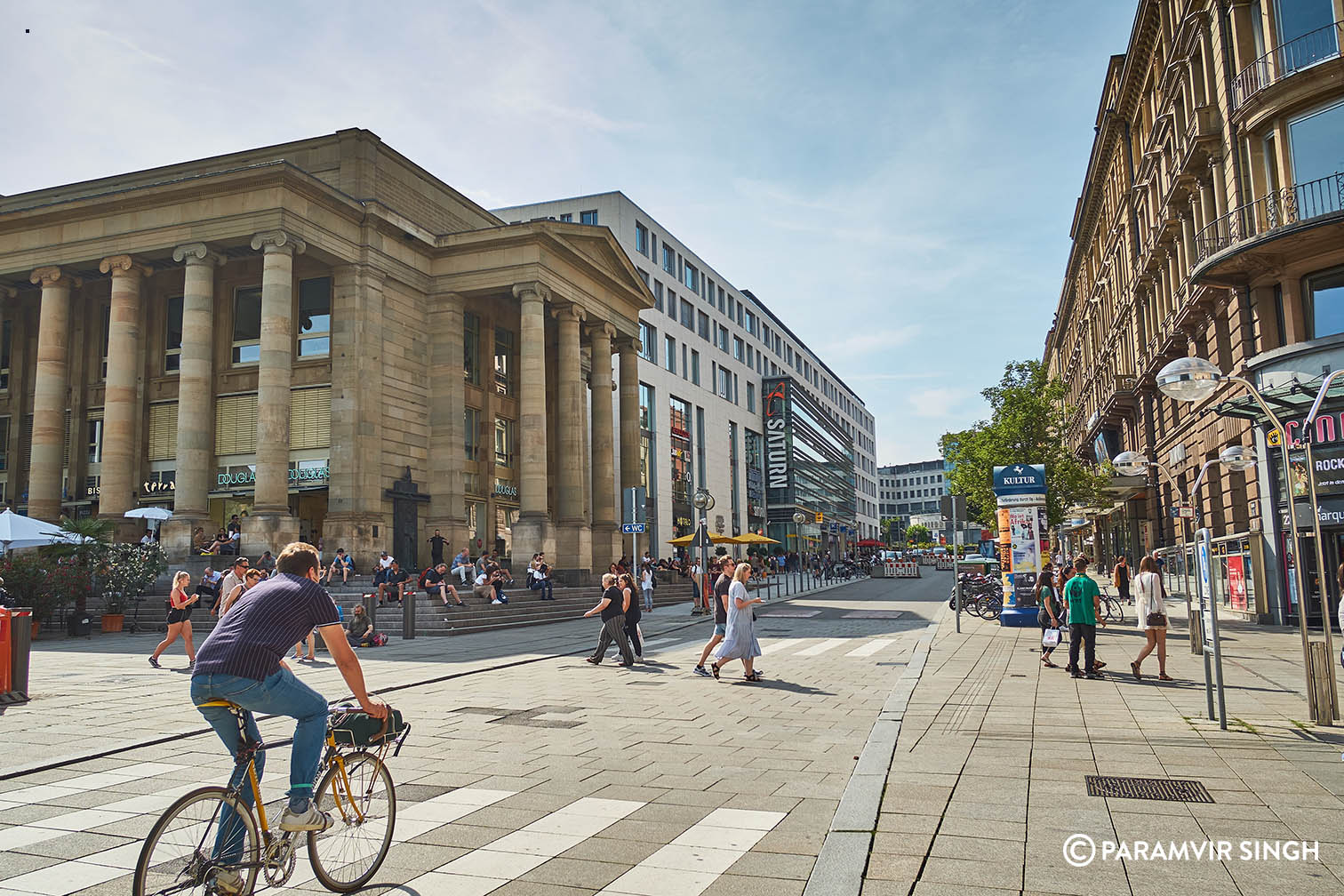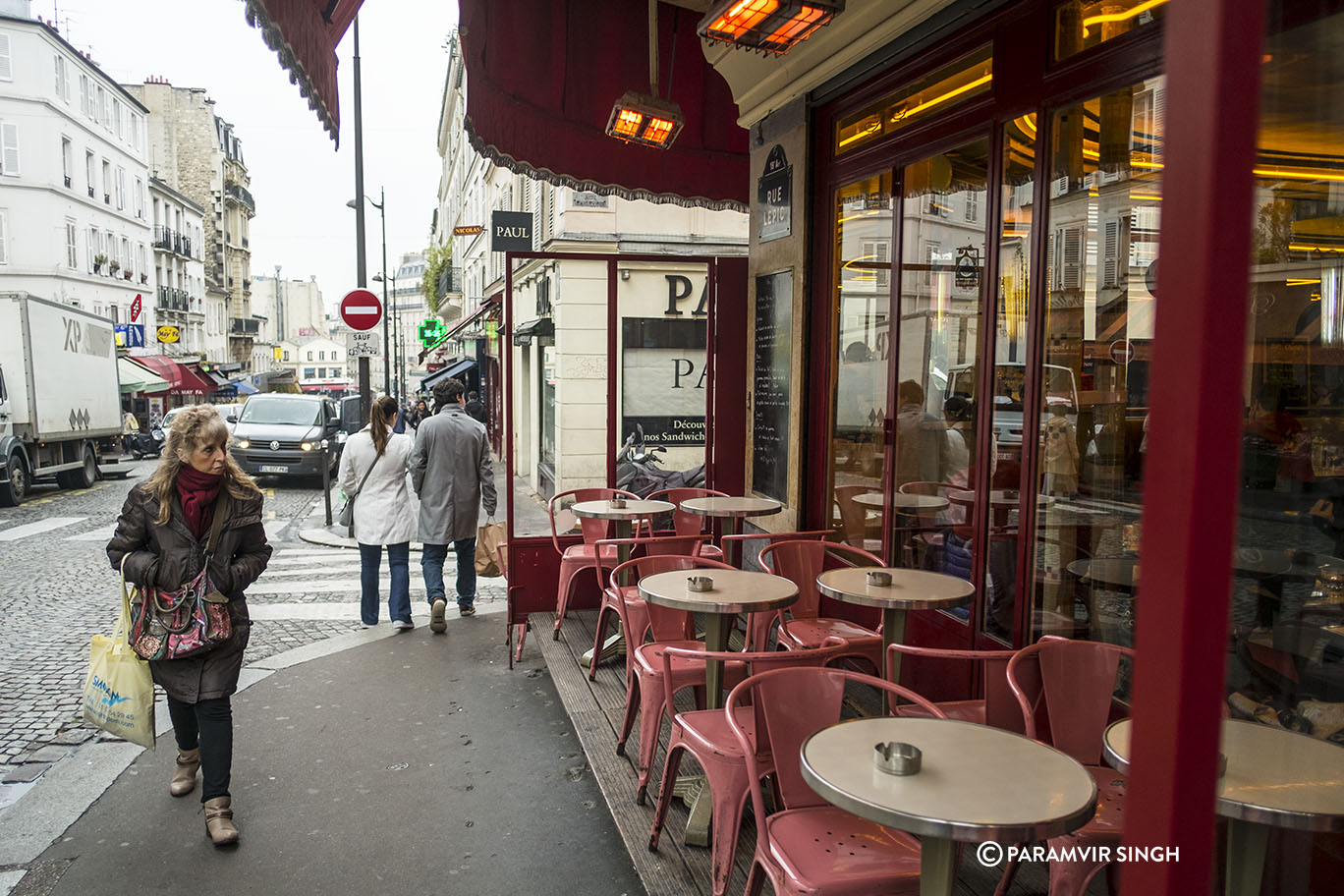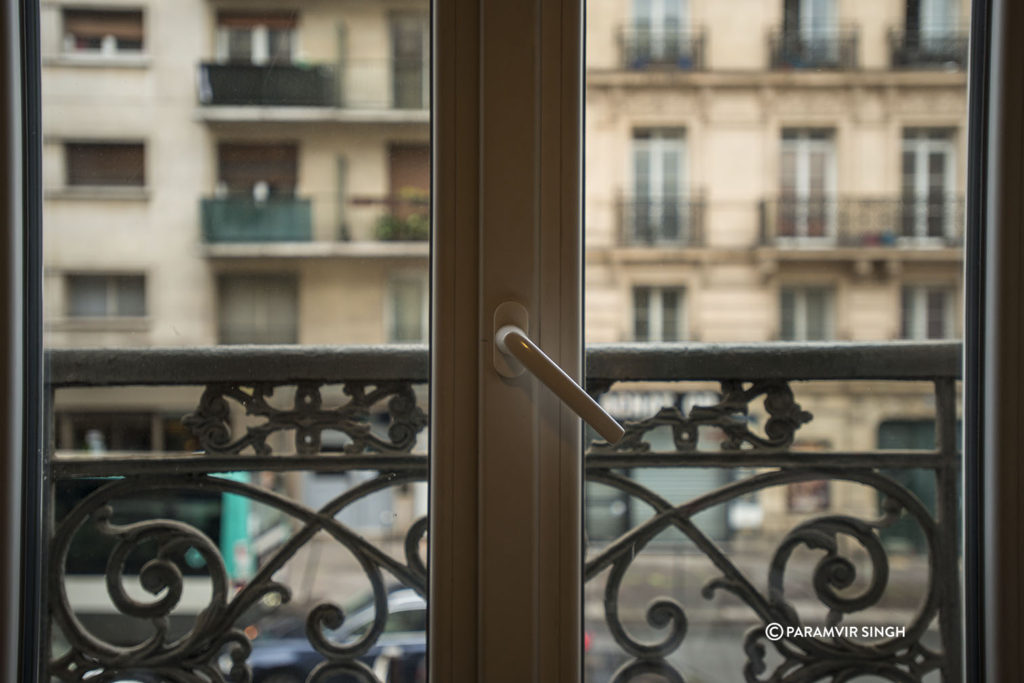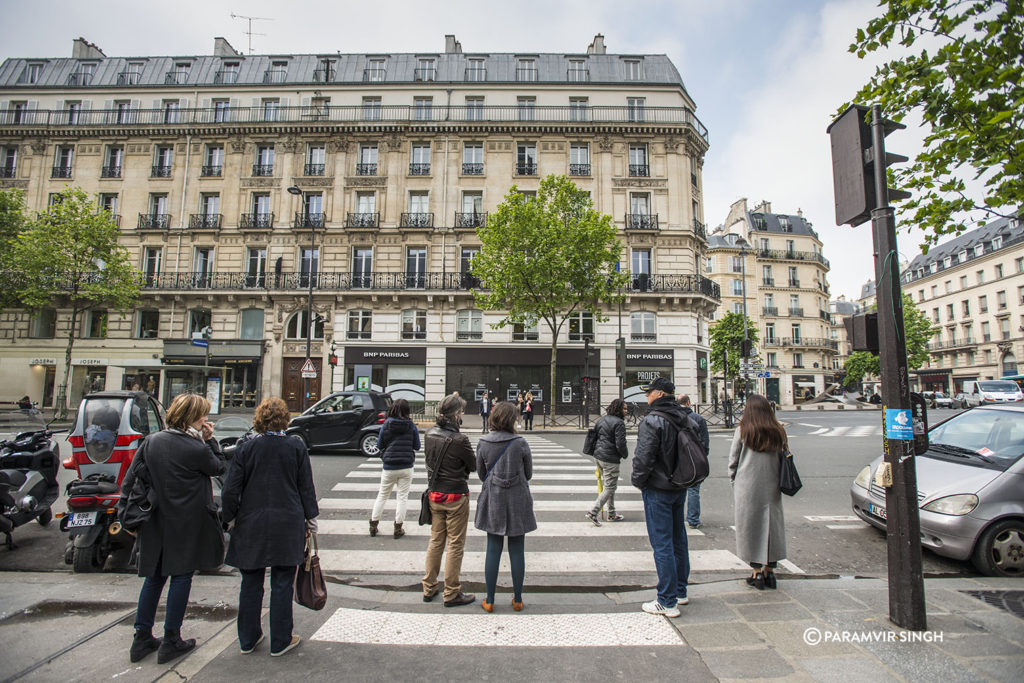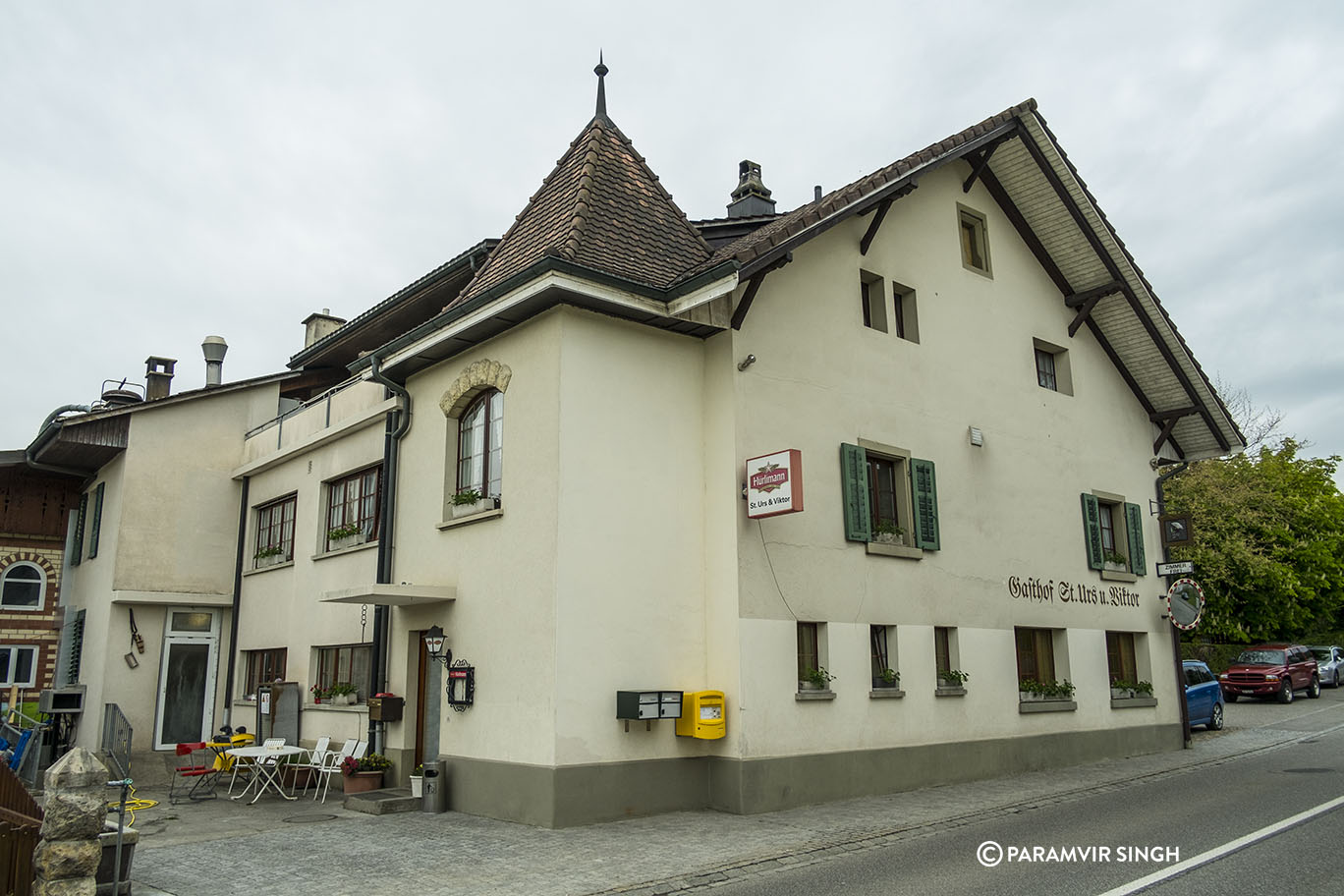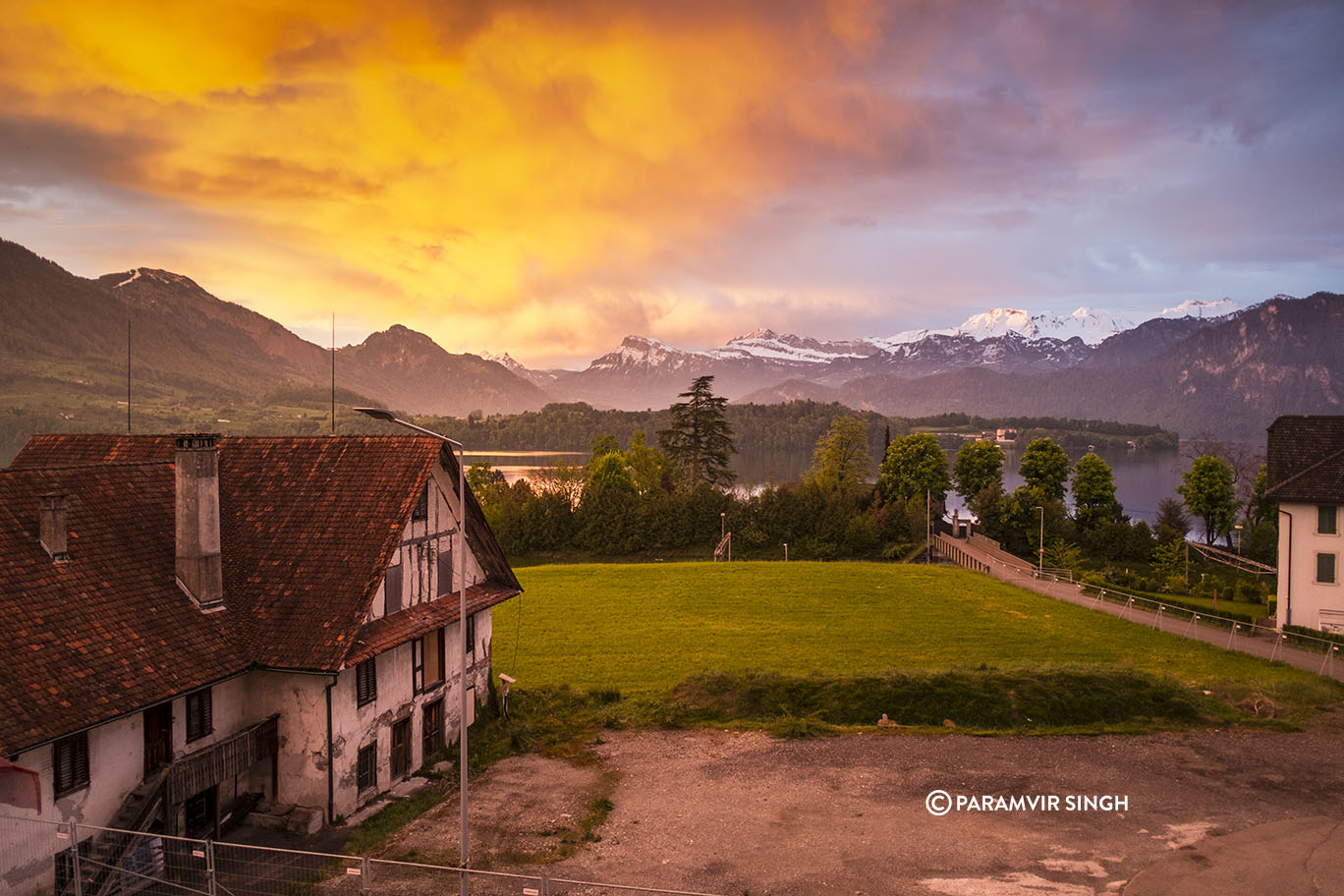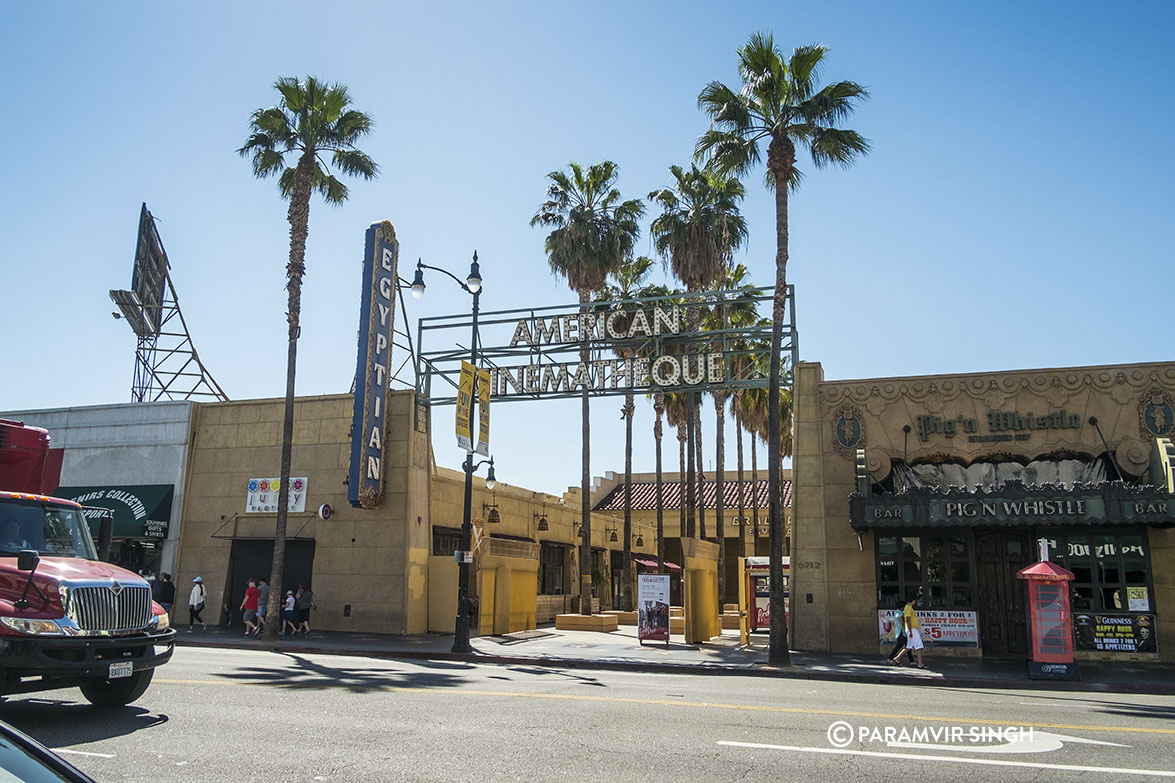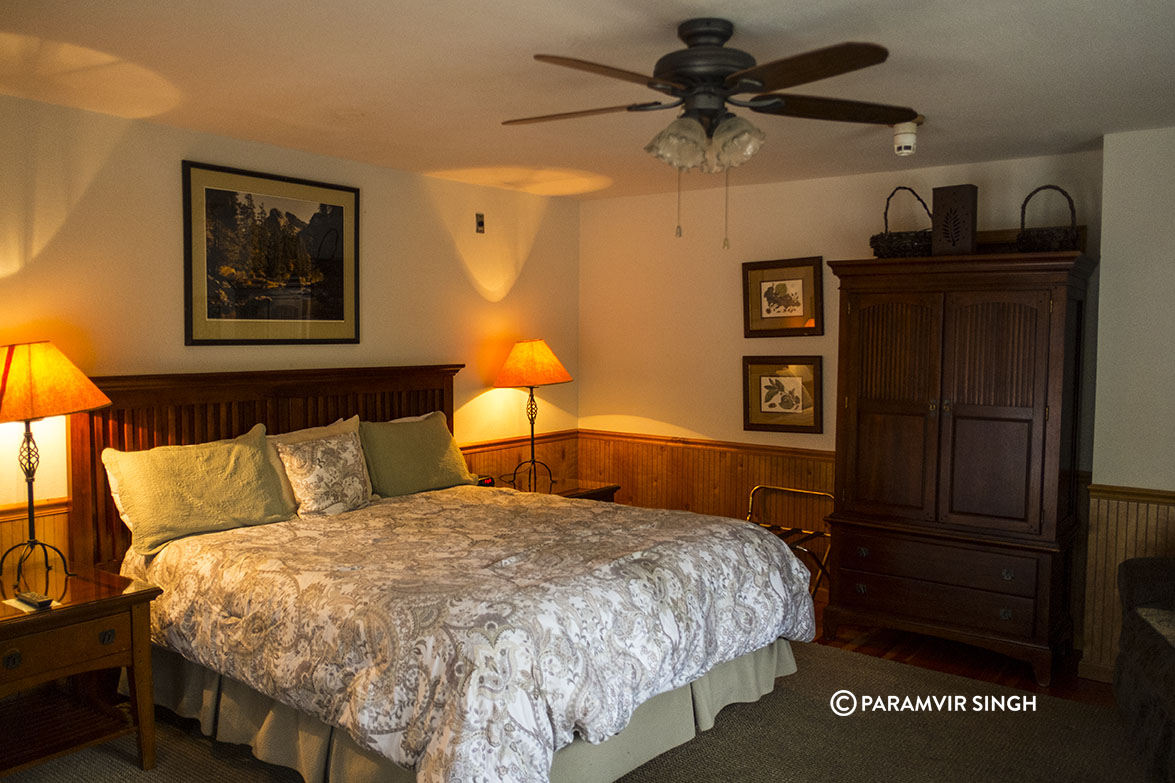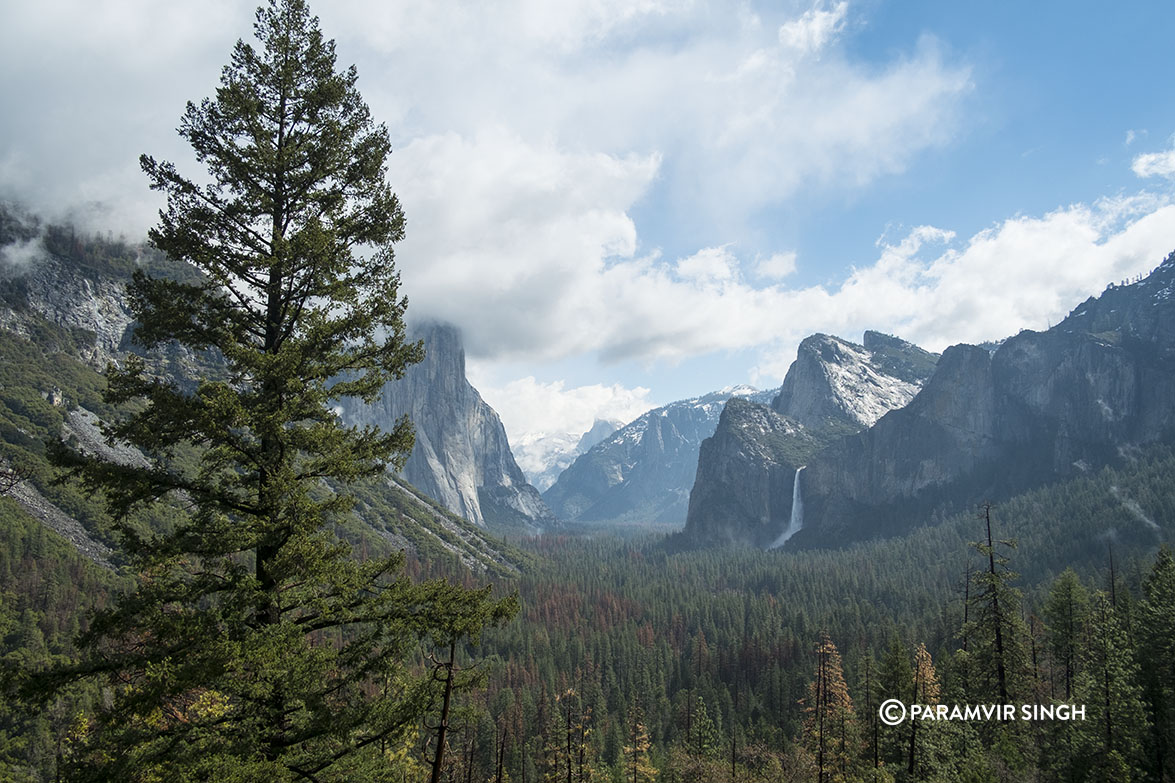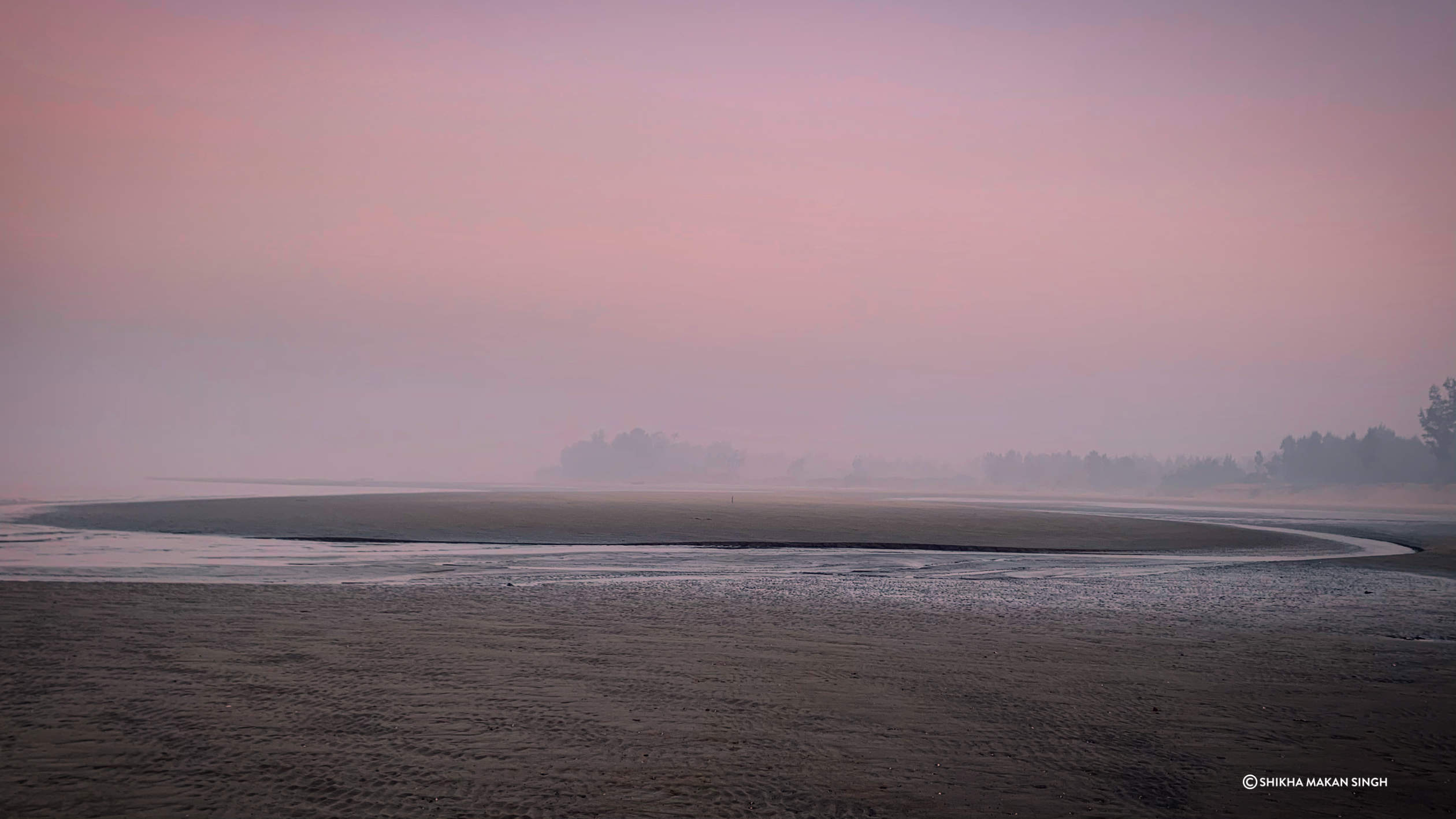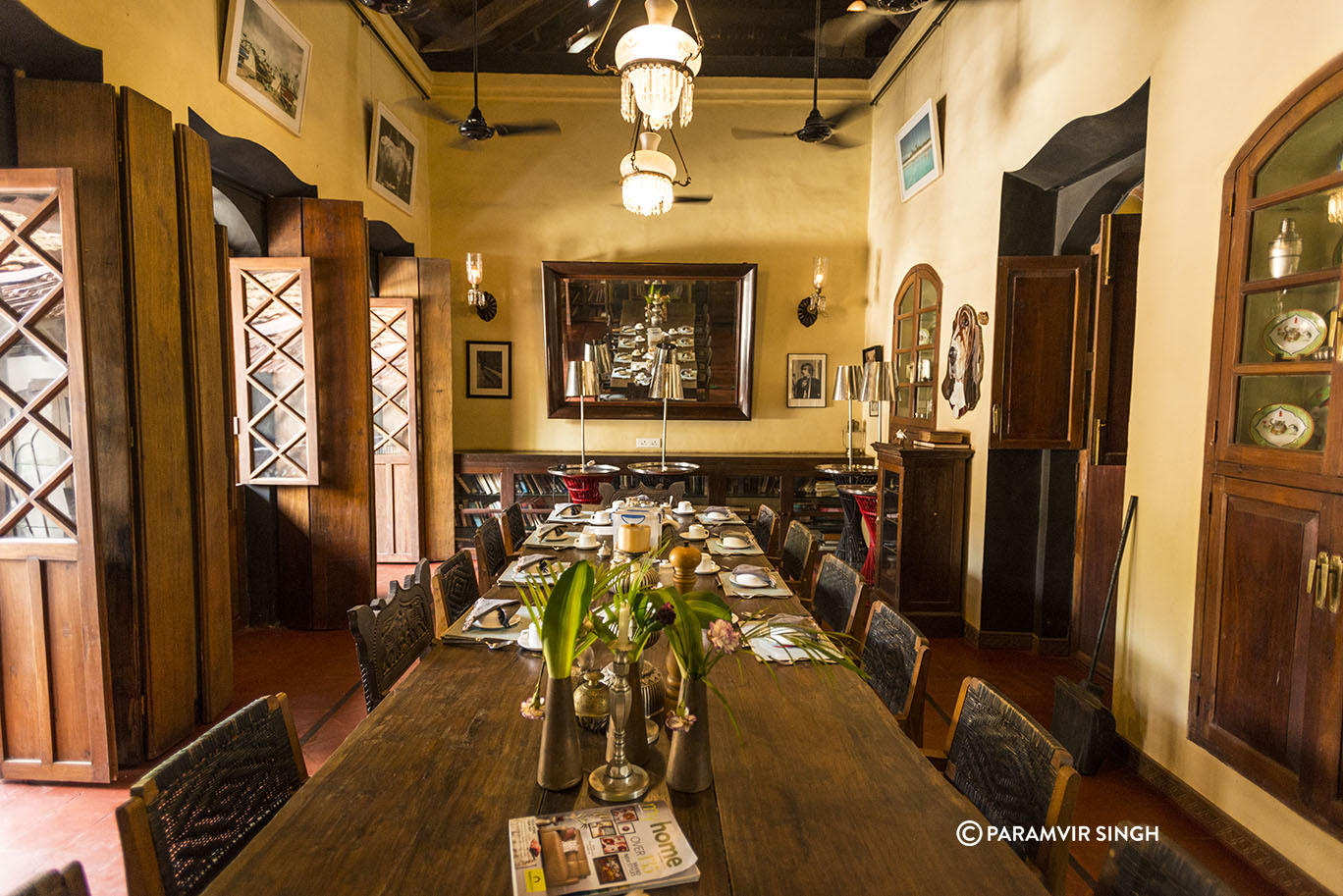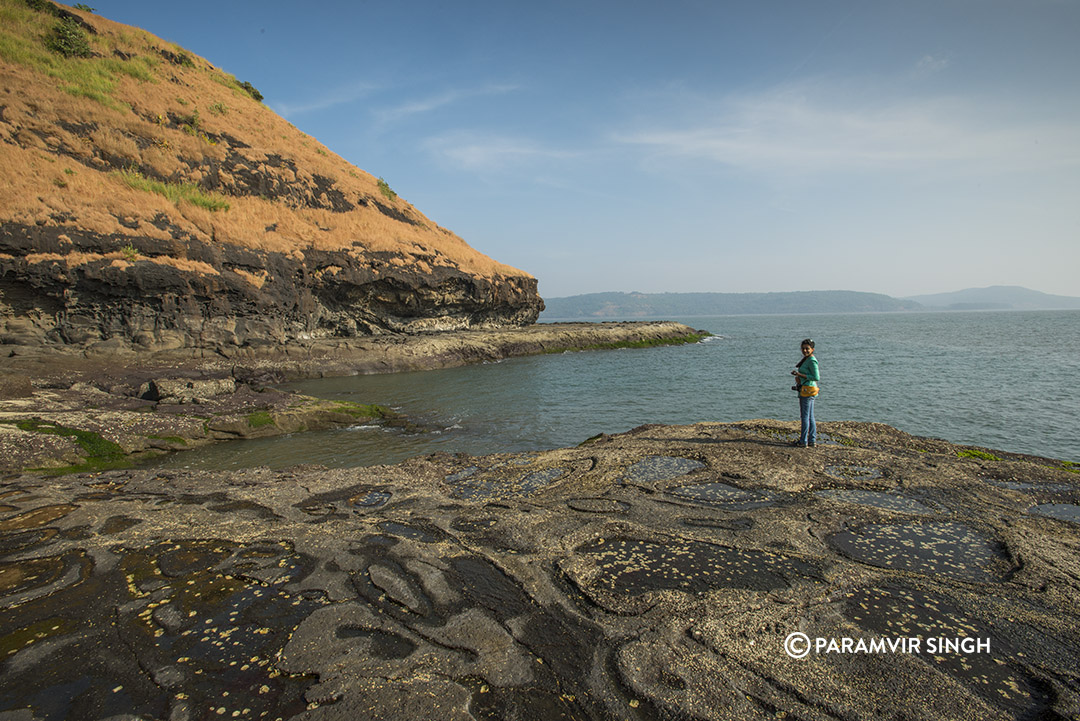Perhaps one of the most culturally rich and significant cities of the world, Berlin has in many ways shaped a lot and gone through a lot as well. First documented in the 13th century, and founded at the crossing of two important trade routes, Berlin became the capital of the Margraviate of Brandenburg (1417-1701), Kingdom of Prussia (1701-1918), German Empire (1871-1918), Weimar Republic (1919-1933), and the Third Reich (1933-1945). It was bombed out in the World War II, split into two with a 96 mile long wall becoming a symbol of the Cold War, and then re-united, thereby symbolically ending the Cold War, and uniting a Germany split by Allied Powers after the World War II. It has now become the cultural (as well as political) capital of Germany, and perhaps an important one in the world as well, with its vibrant art, music, movies and startup scene.
When visiting Stuttgart, we were sure we wanted to visit Berlin as well. A big multicultural city, Berlin is also kind of artsy and hence a little bohemian. It is one of the largest startup capitals of Europe. There is a wide choice of food, music and party for every taste and budget.
What to do in Berlin?
We decided to stay in Berlin’s Mitte district in the hotel Lulu Guldsmeden located in a building made in 1850. The Mitte District is the first and oldest district of Berlin City. It encompasses the historic core of Berlin City and includes landmarks like the Museum Island, Reichstag, Potsdamer Platz, Alexander Platz, Berlin Hauptbanhof, Checkpoint Charlie (Berlin Wall), Brandenburg Gate, etc. Plus lots of nice cafes and restaurants. Because of its rich history and culture, we were sure this is where we wanted to stay.
What strikes you is the magnificent architecture and its sheer scale. The older buildings are like monuments, built carefully and with love. You cannot but help think of all that this wonderful city has gone through. During the second world war, the British dropped over 45,000 tonnes of bombs on Berlin, the Americans, around 25,000. A lot of the standing buildings were destroyed. At the end of the war, the city was split, the Berlin Wall built. But thankfully freedom and resilence shone through, the wall was brought down and Germany united once again!
